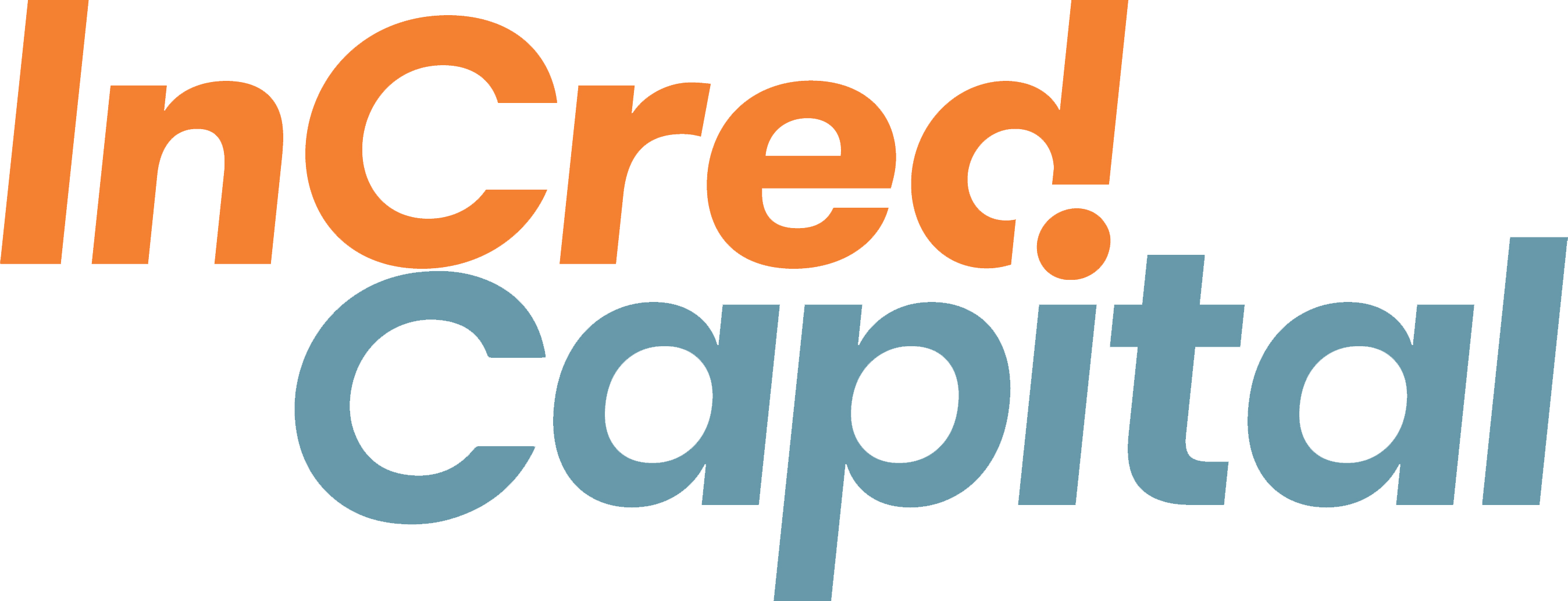It typically needs to be administered at an early stage during the onset of the virus and today almost a dozen Indian pharma companies are ready with the product that has been developed by Merck Sharpe Dohme (or MSD) and Ridgeback Biotherapeutics.
A lot seems to be riding on the only known at-home treatment at the moment for Covid-19 for Indian pharma with reports of a panel of experts to the US Food and Drug Administration (USFDA) opting to authorise its use. Though not a miracle drug, molnupiravir, as the oral drug is called, is arguably an important source of hope for those coping with Covid-19 (there is another drug that global pharma giant Pfizer is also trying to bring in). Molnupiravir typically needs to be administered at an early stage during the onset of the virus and today almost a dozen Indian pharma companies are ready with the product that has been developed by Merck Sharpe Dohme (or MSD) and Ridgeback Biotherapeutics. Though some making it under a licensing arrangement with MSD and others without. All eyes are now on the Indian drug regulator, who now has to have a subject expert committee constituted and a meeting organised to review it and hopefully recommend the authorisation to make and market the drug in India. This again could take a couple of weeks if all is put in place immediately.
These developments could be crucial in the current uncertain time with concerns around the new virus variant and whether it will supplant the dreaded delta variant and if at all there will be a third wave in India. Nothing is known for sure as yet since experts are still trying to study the new variant.
There are multiple dimensions to the drug and its manufacturing and marketing from an Indian perspective including supplies to some of the emerging markets that the Indian companies could potentially tap. There are couple of Indian companies that are among the key authorised API (active pharmaceutical ingredient) manufacturers for MSD, one of them for the regulated (developed) markets and the other for the emerging markets. Then, there are several, almost a dozen Indian pharma companies that will be making and marketing the pill. The Medicine Patent Pool (MPP) and MSD have already entered into a licence agreement with Hyderabad-based Laurus Labs for making the APIs for molnupiravir in a bid to increase its broad access in low and middle income countries. Laurus, which has already been partnering with the MPP in HIV and Hepatitis-C medicines, is now awaiting a licence from the MPP for this. And again in May this year, Divi’s Laboratories, another Hyderabad-based company, had informed the bourses that Divi’s has become MSD’s authorized manufacturer for Molnupiravir API and was allowed to supply this API to MSD’s voluntary licensing (VL) partners in India.
Aditya Khemka, a long time watcher of the Indian healthcare sector, currently fund manager at InCred PMS and formerly the pharma analyst and healthcare fund manager at DSP Mutual Fund, sees multiple dimensions of the development for Indian pharma. He says, “molnupiravir is yet another instance that showcases Indian companies as champions in drug manufacture for global markets. Divi’s is doing the APIs for the developed markets and Laurus Labs, in our understanding, is to make the APIs for the emerging markets. However, from the perspective of marketing and selling of the drug, there is no single winner and there are multiple Indian companies with different strengths across geographies. For instance, Sun Pharma is a leader in the Indian market, whereas Torrent Pharmaceuticals is strong in the Brazil, Dr Reddy’s has strengths in the Russian market whereas Cipla in South Africa. So, we do not see one clear leader and we will see all of them sharing revenues based on their individual geographical presence. In all, it is a good opportunity for Indian pharma and perhaps a bigger manufacturing opportunity for companies like Divi’s and Laurus Labs.”





